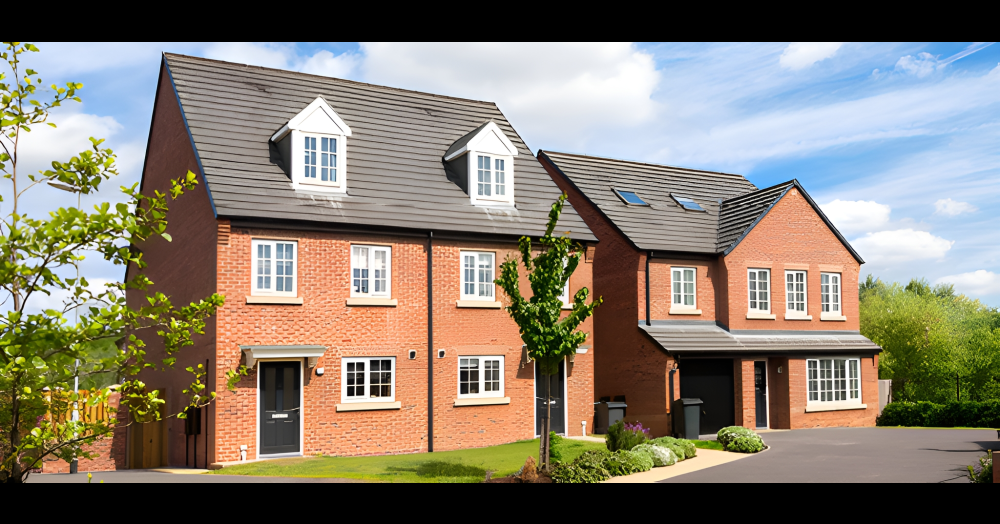Are you considering moving to South Ockendon but aren't sure whether to buy or rent a property? There are pros and cons to both options, so it's important to carefully consider your situation and priorities before making a decision. In this blog post, we'll explore the advantages and disadvantages of buying vs. renting in South Ockendon.
Buying a Property in South Ockendon
Pros:
- Investment: Buying a property is a long-term investment that can potentially provide a good return in the future. Property prices in South Ockendon have been increasing steadily in recent years, making it an attractive option for those looking to invest in property.
- Freedom: Owning a property gives you the freedom to make changes and improvements to the property as you wish without having to seek permission from a landlord.
- Stability: Owning a property provides stability and security, as you don't have to worry about being asked to leave at the end of a rental agreement.
Cons:
- Cost: Buying a property can be expensive, with the added costs of stamp duty, legal fees, and maintenance. You'll also need to be able to afford a deposit, which can be a significant upfront cost.
- Responsibility: As a property owner, you'll be responsible for all maintenance and repairs, which can be time-consuming and costly.
- Flexibility: Owning a property can limit your flexibility to move, as you'll need to sell or rent out the property if you want to move elsewhere.
Renting a Property in South Ockendon
Pros
- Flexibility: Renting a property provides more flexibility to move around as needed, as you only need to give the notice to end a rental agreement.
- Cost-effective: Renting a property can be a more cost-effective option, as you don't need to pay for the upfront costs associated with buying a property.
- Maintenance: As a tenant, you're not responsible for maintenance and repairs, which can save you time and money.
Cons:
- Limited control: As a tenant, you have limited control over the property, as you'll need to seek permission from the landlord before making any changes or improvements.
- Instability: Renting a property can provide a sense of instability, as you may be asked to leave at the end of a rental agreement.
- Lack of investment: Renting a property does not provide any long-term investment benefits, as you won't own the property at the end of the rental agreement.
In conclusion, the decision to buy or rent a property in South Ockendon ultimately depends on your personal circumstances and priorities. If you're looking for long-term investment and stability, buying a property may be the best option for you. However, if you're looking for flexibility and cost-effectiveness, renting a property may be a more suitable choice. We hope this blog post has provided useful insights to help you make an informed decision.
